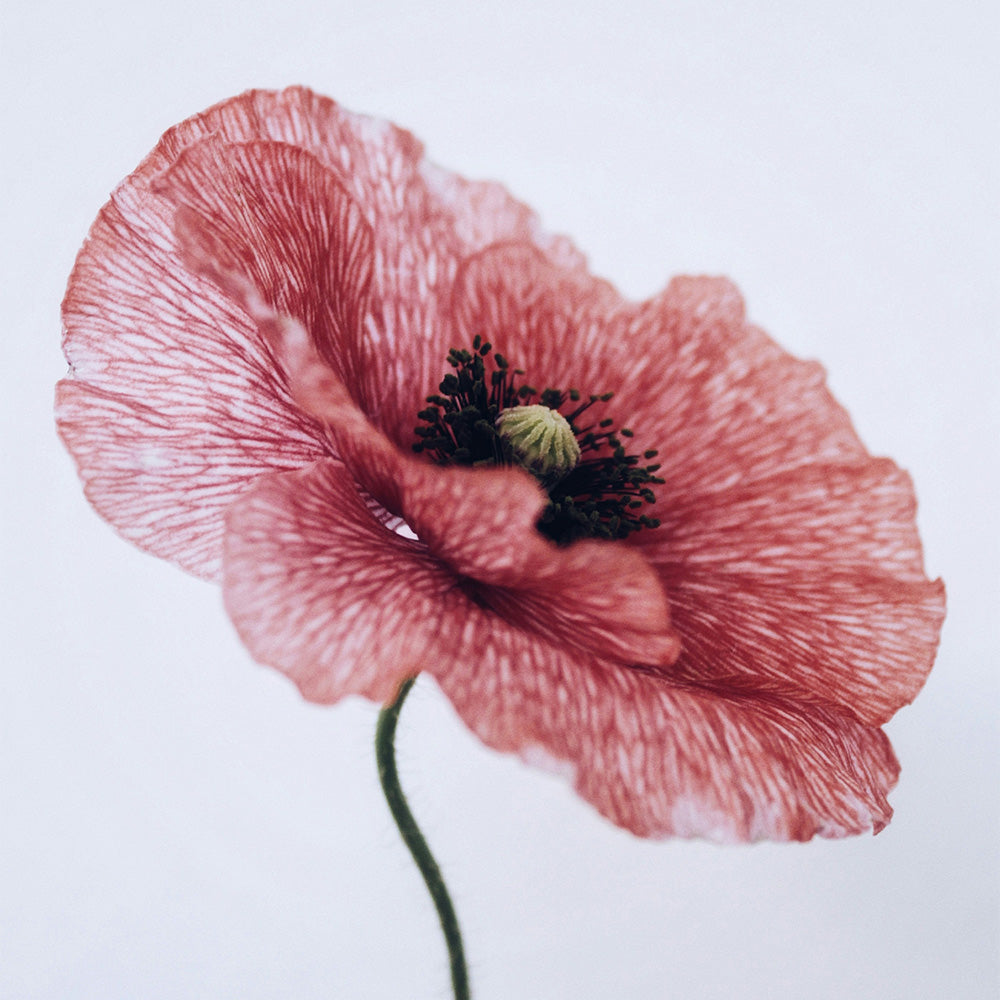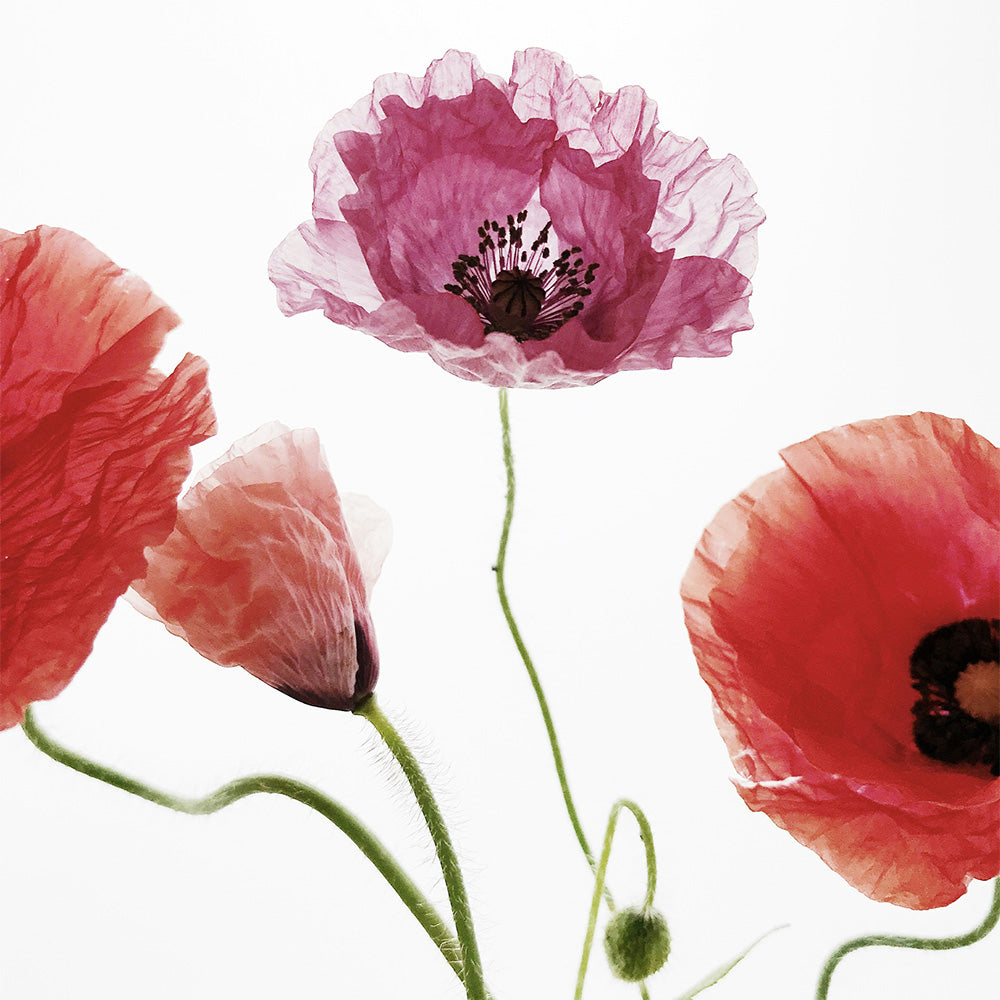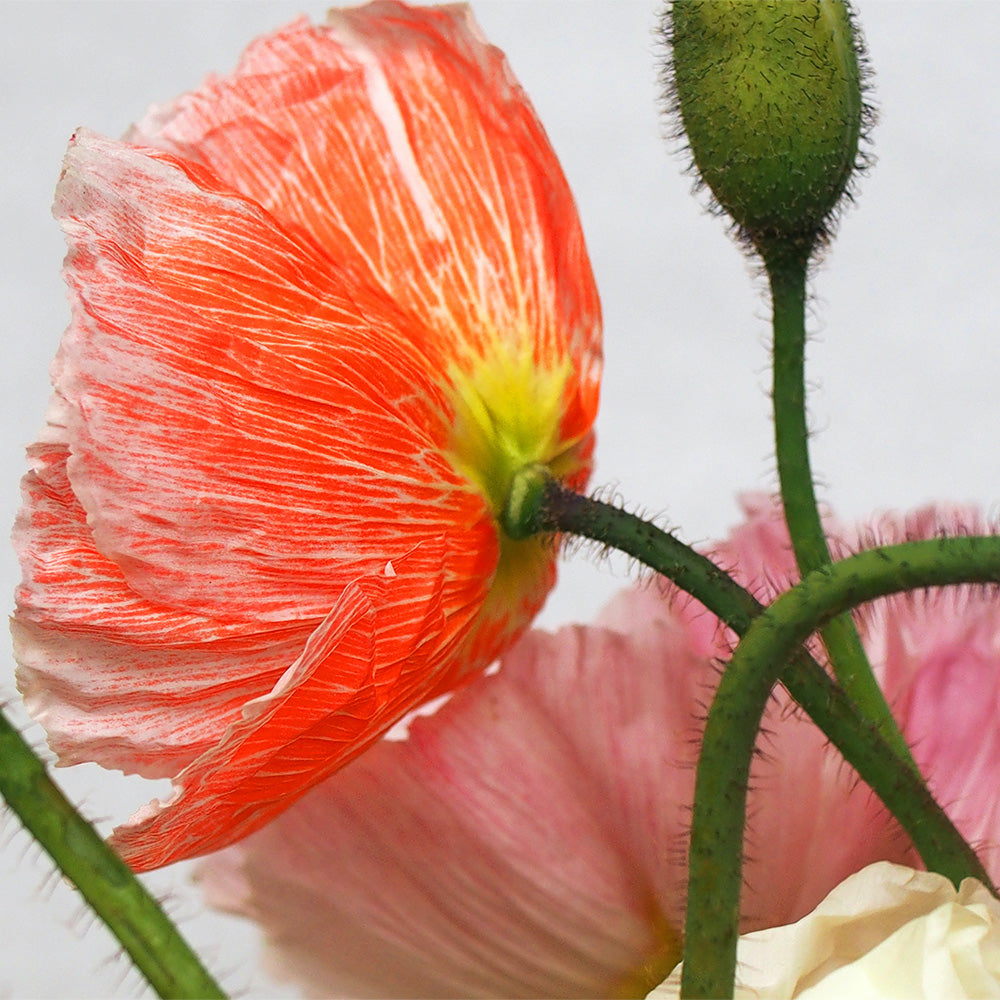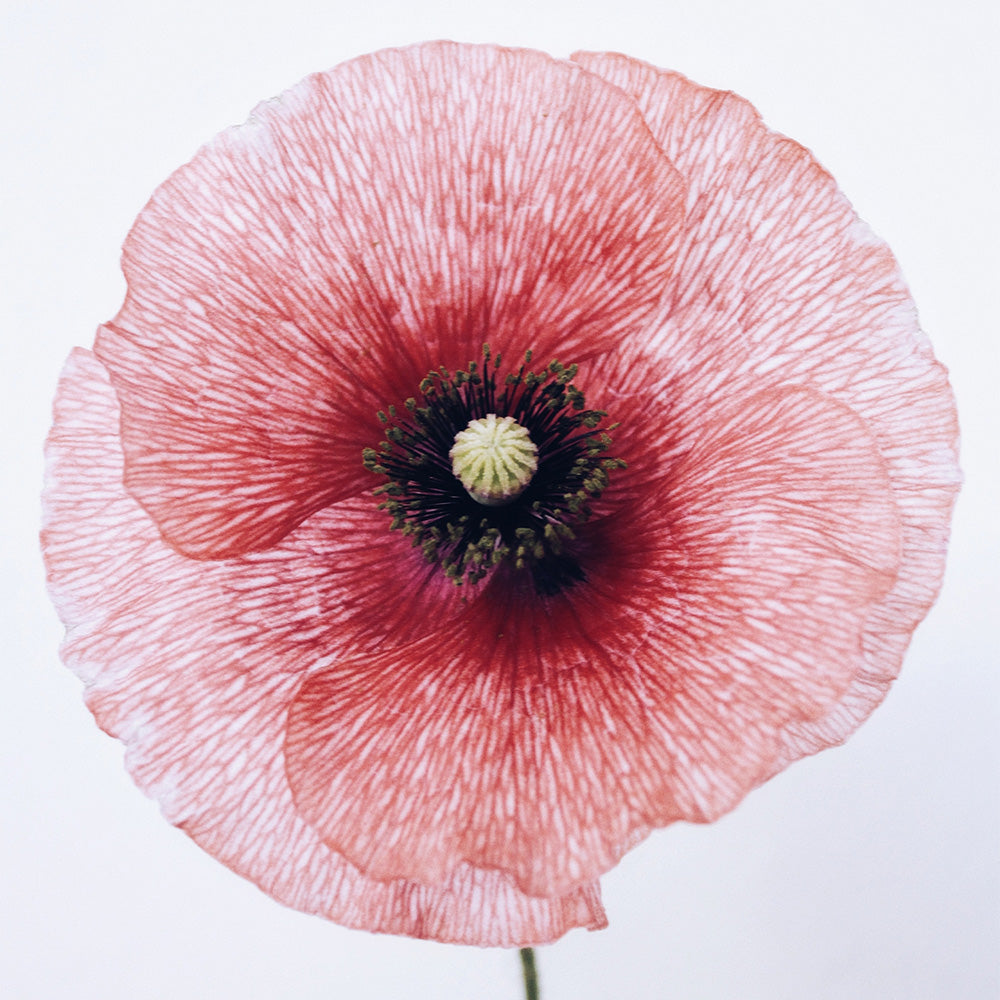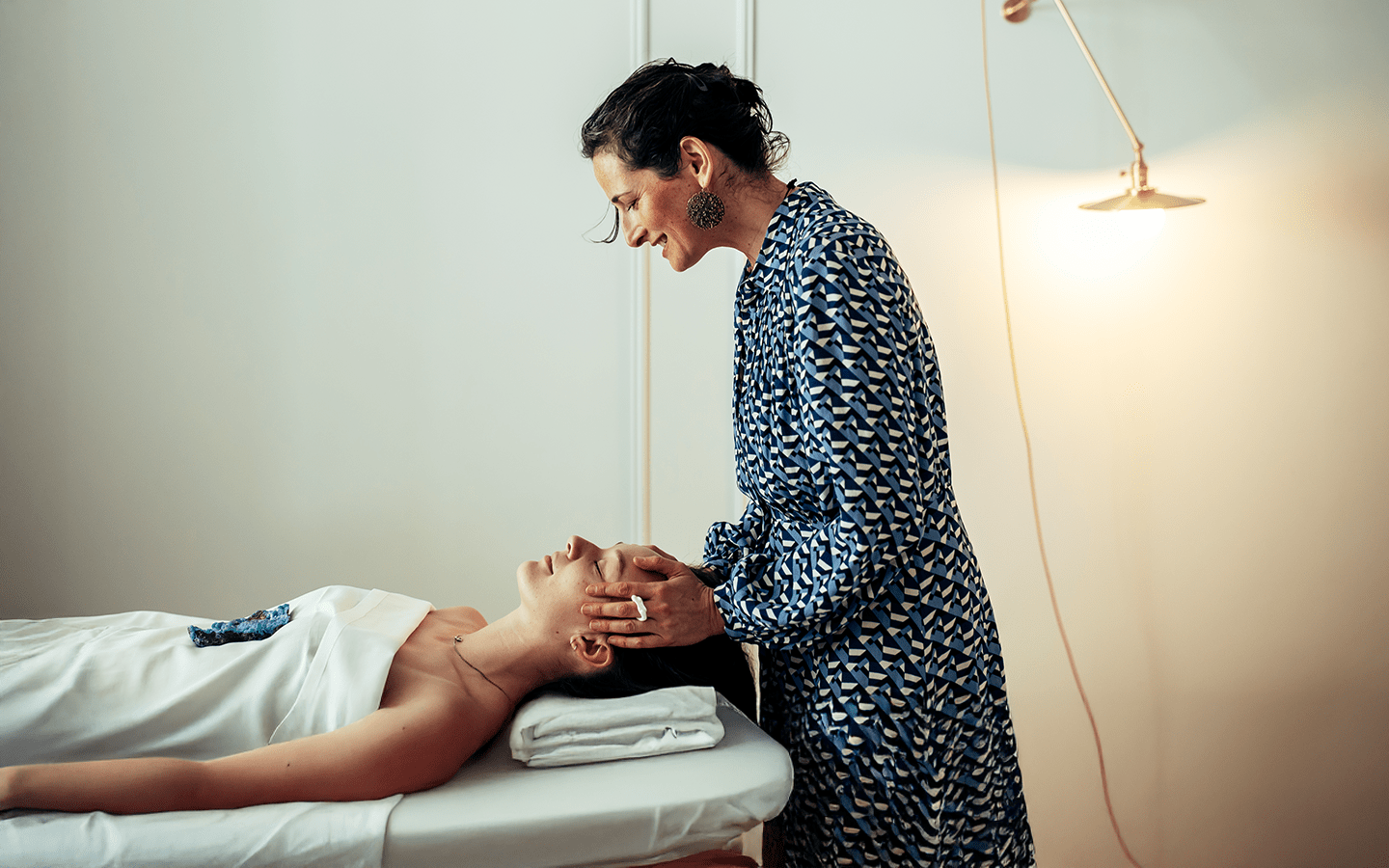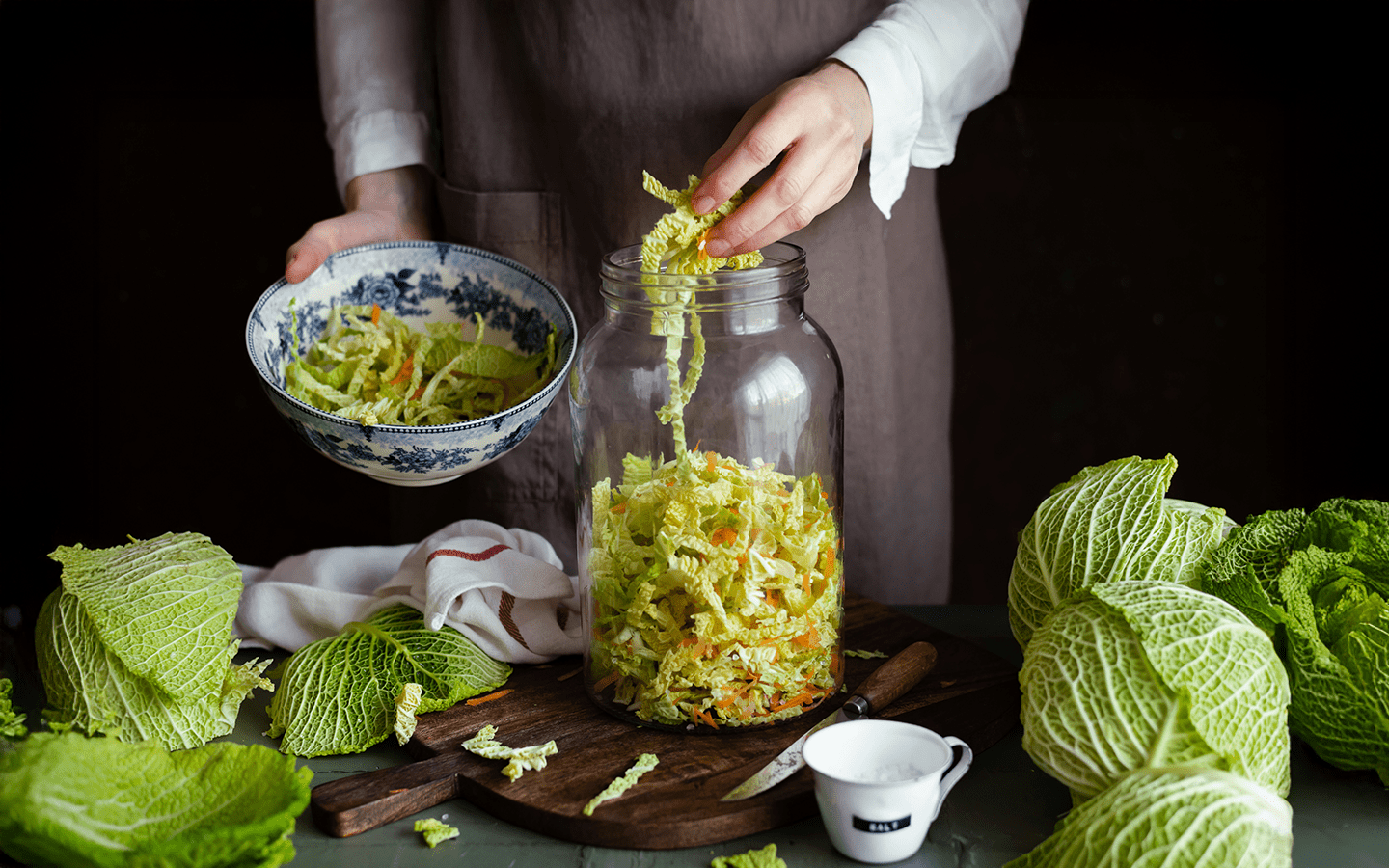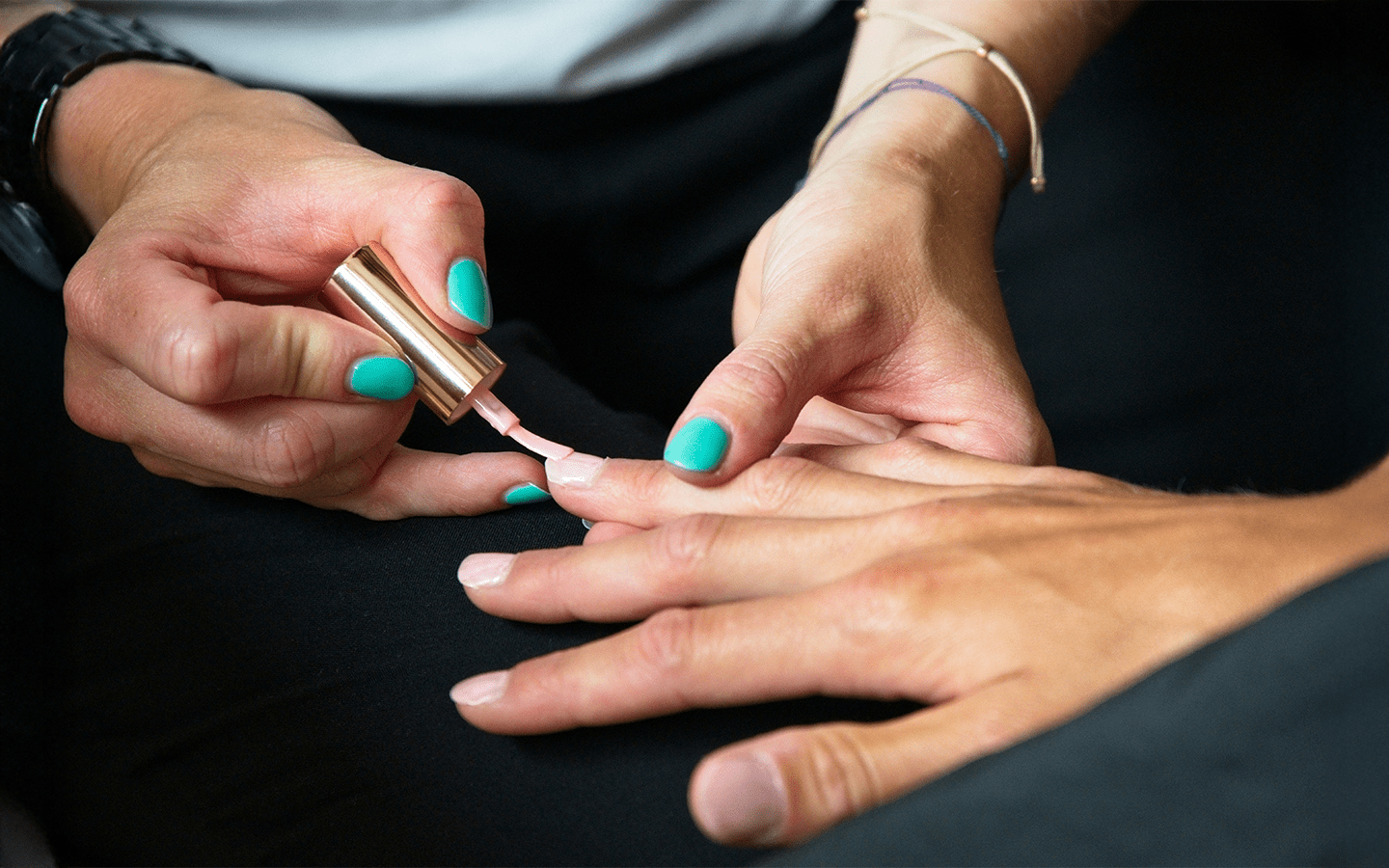
Pleasure as Medicine: A New Perspective on Menopause and Self-Stimulation
What if pleasure, specifically self-stimulation, could be a pathway to not just reconnecting, but healing and empowerment? New research is revealing that self-stimulation goes far beyond simple pleasure — it’s a powerful tool that can ease menopause symptoms and enhance overall well-being. In this post, we’ll dive into how pleasure can be used as medicine during this transformative stage of life.
Key Highlights
- Embracing self-stimulation during menopause may greatly improve sexual health and overall well-being.
- Understanding hormonal changes, like the effects of dopamine and oxytocin, helps highlight the benefits of self-stimulation during menopause.
- Busting myths around menopause and pleasure is key to encouraging open conversations about the wholistic benefits of sexual health.
- Self-stimulation can offer natural relief from menopause symptoms, better sleep, reduced stress, and improved vaginal health.
- Emotionally, it boosts self-esteem, body confidence, and fosters positive sexual relationships, showing its powerful effect on mental well-being.
A Shift in Perspective
Traditionally, menopause has been viewed as the end of reproductive life, often framed with a sense of loss or discomfort. But a growing body of research, such as the recent study by the Kinsey Institute, is encouraging a more positive outlook. This research highlights the powerful role that pleasure and self-stimulation can play in managing menopause symptoms, including reducing stress, improving sleep, and even regulating hormonal imbalances.
As a Doctor of Acupuncture & Chinese Medicine with over 20 years of experience in helping women thrive, I’ve seen firsthand how embracing one’s sexuality can be an integral part of holistic health. Rather than viewing menopause as the end of pleasure, I encourage my patients to see it as a time to redefine their relationship with their bodies, including exploring the potential benefits of self-stimulation.
The Science Behind Pleasure and Menopause
The recent Kinsey Institute study (2024) underscores the profound impact that pleasure can have on the menopausal body. During menopause, hormonal changes such as declining estrogen levels often lead to vaginal dryness, decreased libido, and difficulty achieving orgasm. These changes can cause discomfort, but regular self-stimulation may help mitigate these effects by increasing blood flow to the pelvic area, enhancing lubrication, and promoting vaginal elasticity.
Moreover, orgasm releases a flood of endorphins and oxytocin, which not only help alleviate stress but also improve mood and foster a sense of emotional well-being. The study also suggests that regular sexual activity, even solo, can improve sleep patterns — something many menopausal women struggle with.
Embracing Self-Care Through Self-Stimulation
Self-stimulation isn’t just about physical pleasure. It’s about reconnecting with your body, accepting its changes, and empowering yourself to experience joy on your own terms. For many women, this can be a powerful form of self-care, helping them navigate the often turbulent waters of menopause.
Some of the health benefits tied to regular self-stimulation during menopause include:
- Improved circulation: Regular stimulation helps maintain blood flow to the genital area, reducing symptoms like vaginal dryness and discomfort during intercourse.
- Stress relief: Orgasms release natural chemicals like dopamine and serotonin, which combat anxiety and stress, both of which tend to spike during menopause.
- Enhanced sleep quality: Many women experience disrupted sleep during menopause. However, the calming effects of orgasm can improve sleep patterns, contributing to better rest.
- Hormonal balance: Though menopause naturally leads to decreased hormone levels, pleasure practices can help stimulate the body's production of certain feel-good chemicals, aiding overall hormonal health.
Redefining Intimacy in Midlife
Menopause is often seen as a period when women experience a decline in sexual activity, but this doesn’t have to be the case. In fact, it can be an opportunity to cultivate new forms of intimacy — with both partners and oneself. Self-stimulation can foster a deeper understanding of your own body and desires, enhancing your ability to communicate and connect with your partner.
For many women, this is a time of self-discovery and reinvention. By embracing pleasure as a form of medicine, women can take control of their health and wellness, redefining what it means to thrive in midlife.
Integrating Pleasure into Your Wellness Routine
As with any aspect of health, consistency is key. Here are some tips for making self-stimulation a regular part of your wellness routine:
- Set aside time: Treat this as you would any other important self-care activity.
- Create a comfortable environment: Ensure privacy and use tools that enhance your comfort and pleasure.
- Practice mindfulness: Focus on the sensations in your body, letting go of any judgments or expectations.
- Experiment: Every body is different. Explore what feels good for you.
- Combine with other practices: Consider incorporating breathwork, meditation, or gentle movement to enhance the experience.
Embracing a New Narrative
At its core, menopause is not about decline, but about transformation. By shifting the narrative from loss to empowerment and integrating pleasure as a form of medicine, we can embrace menopause as an opportunity to deepen our connection with our bodies, boost our well-being, and rediscover pleasure.
As women, we have the power to rewrite our stories at any age. By embracing pleasure as medicine, we not only potentially ease the symptoms of menopause but also cultivate a deeper connection with ourselves and our bodies.

